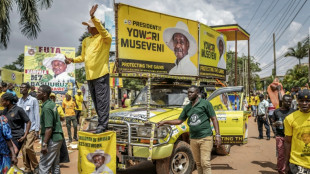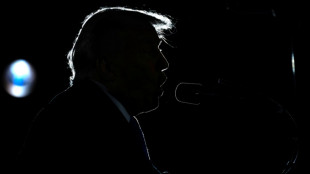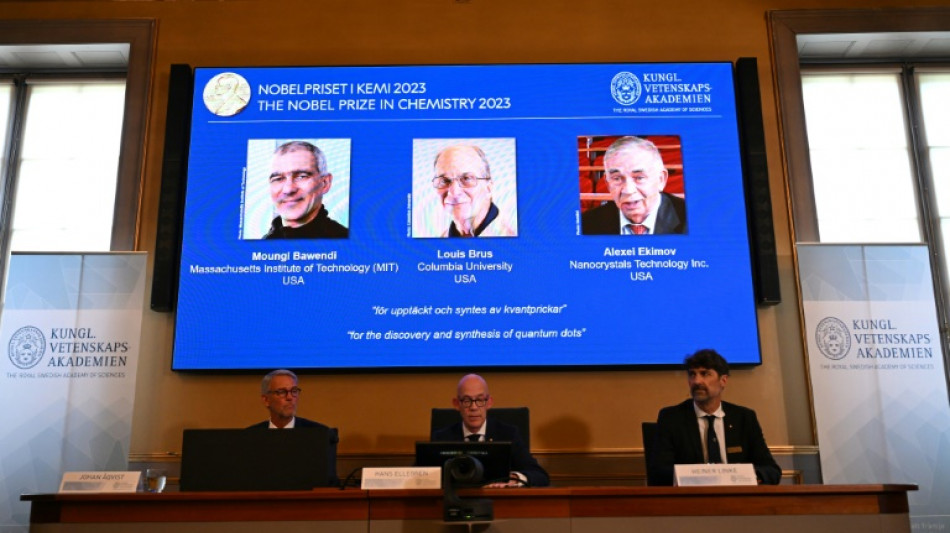
-
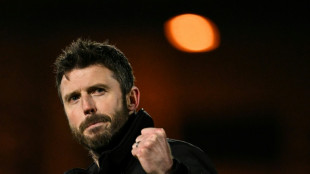 Carrick given Manchester derby baptism of fire, Frank in the firing line
Carrick given Manchester derby baptism of fire, Frank in the firing line
-
Trump announces 'board of peace' formed for Gaza

-
 Sam Darnold: the 'old soul' QB tipped to win Super Bowl
Sam Darnold: the 'old soul' QB tipped to win Super Bowl
-
One year on, it's all about Trump. But for how long?
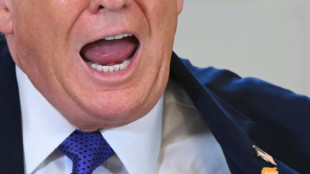
-
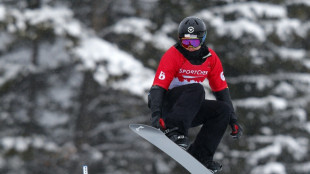 Australian snowboarder Brockhoff quits ahead of Winter Olympics
Australian snowboarder Brockhoff quits ahead of Winter Olympics
-
Bills battle Broncos as Allen eyes Super Bowl
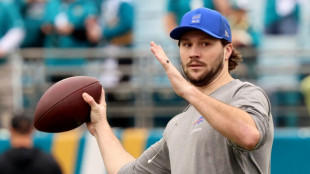
-
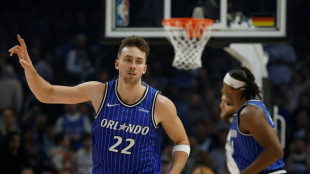 Magic rally to top Grizzlies in NBA Berlin game
Magic rally to top Grizzlies in NBA Berlin game
-
Venezuela's Machado says she 'presented' Trump with Nobel medal
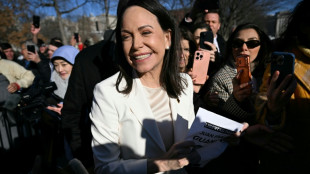
-
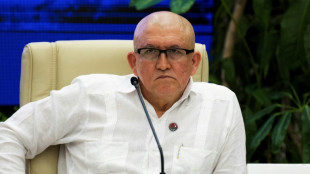 Key Colombia guerrilla group backs pact to fight US, commander tells AFP
Key Colombia guerrilla group backs pact to fight US, commander tells AFP
-
Chiefs' Mahomes targets NFL 'Week 1' after knee surgery

-
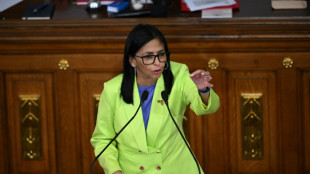 Venezuelan interim leader vows oil sector reform after Maduro ouster
Venezuelan interim leader vows oil sector reform after Maduro ouster
-
Social media sites block 4.7 million underage accounts in Australia
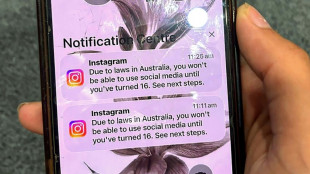
-
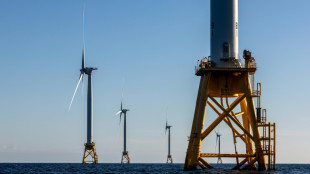 US court clears Norway's Equinor to resume wind project halted by Trump
US court clears Norway's Equinor to resume wind project halted by Trump
-
Threats to Iran spike 'volatility': UN official
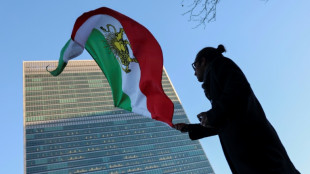
-
 Rabiot and AC Milan give Como French lesson to stay on Inter's heels
Rabiot and AC Milan give Como French lesson to stay on Inter's heels
-
US says reached deal with Taiwan to lower tariffs, boost investments
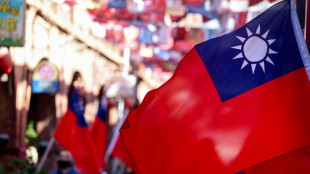
-
 South Korea's ex-leader Yoon faces first court verdict over martial law chaos
South Korea's ex-leader Yoon faces first court verdict over martial law chaos
-
'Gigantic explosion', fire in Dutch city of Utrecht, four hurt

-
 Twenty-six charged in latest basketball gambling scandal
Twenty-six charged in latest basketball gambling scandal
-
Venezuela's Machado meets Trump for 'positive' talks despite snub
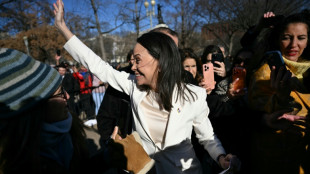
-
 NBA Europe 'must respect tradition', says commissioner Silver
NBA Europe 'must respect tradition', says commissioner Silver
-
Thieves steal Pokemon cards in armed robbery at US store

-
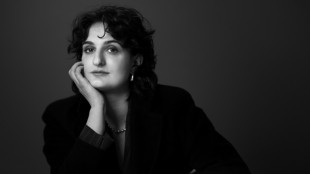 French Olympic champion Papadakis claims she was under partner's 'control'
French Olympic champion Papadakis claims she was under partner's 'control'
-
Fury over Grok sexualized images despite new restrictions

-
 US says Iran halts executions as Gulf allies pull Trump back from strike
US says Iran halts executions as Gulf allies pull Trump back from strike
-
Frank says Spurs taking 'small steps' in right direction

-
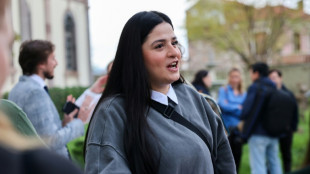 Syrian activist Sarah Mardini acquitted of migrant trafficking in Greece
Syrian activist Sarah Mardini acquitted of migrant trafficking in Greece
-
Goldman Sachs' profits jump on hot merger market
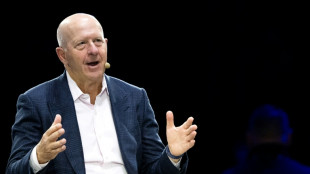
-
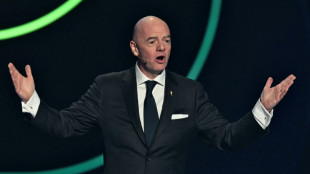 Platini says Infantino has become 'more of an autocrat'
Platini says Infantino has become 'more of an autocrat'
-
Scottish Borders, Lake District to grace 2027 Tour de France

-
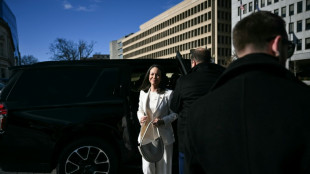 Venezuela's sidelined Machado arrives at White House for Trump talks
Venezuela's sidelined Machado arrives at White House for Trump talks
-
French mother superior bullied nuns at Paris order: inquiry

-
 Cuba pays tribute to soldiers killed in Maduro capture
Cuba pays tribute to soldiers killed in Maduro capture
-
UK politician joins hard-right Reform just hours after Tories sack him
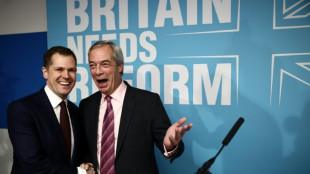
-
 'Gigantic explosion', fire in Dutch city, four hurt
'Gigantic explosion', fire in Dutch city, four hurt
-
French mother superior bullied nuns at Paris convent - inquiry

-
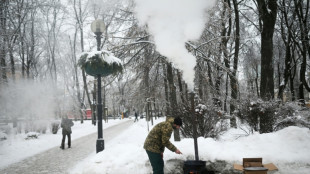 Deprived of heating, Kyiv enters survival mode to beat big freeze
Deprived of heating, Kyiv enters survival mode to beat big freeze
-
Oil prices slump after Trump eases concerns over Iran
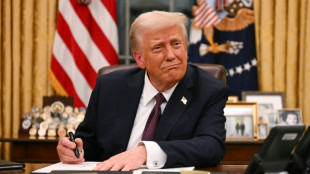
-
 French mother superior bullied nuns in Montmartre: report
French mother superior bullied nuns in Montmartre: report
-
Rosenior refuses to back Sanchez as Chelsea number one
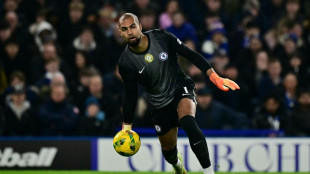
-
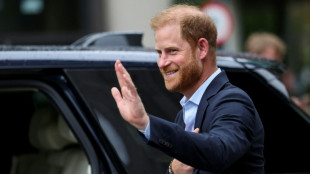 Harry due to testify to UK court next week in last tabloid case
Harry due to testify to UK court next week in last tabloid case
-
Trump threatens to invoke Insurrection Act over Minnesota protests

-
 Niger faces dilemma over uranium shipment stuck at airport
Niger faces dilemma over uranium shipment stuck at airport
-
UN chief attacks world leaders putting cooperation on 'deathwatch'
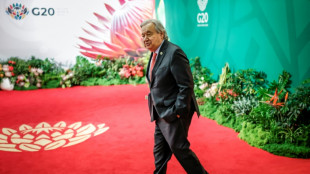
-
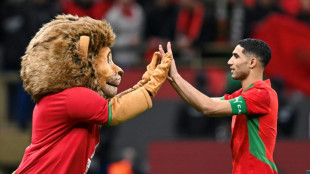 Morocco and Senegal prepare for final showdown but Salah's AFCON dream fades
Morocco and Senegal prepare for final showdown but Salah's AFCON dream fades
-
Polls close in Uganda after delays, internet blackout

-
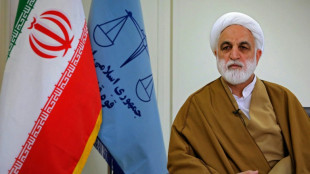 Forced confession fears as Iran chief justice interrogates protesters
Forced confession fears as Iran chief justice interrogates protesters
-
Al-Attiyah closes on sixth Dakar Rally as Ekstrom wins 11th stage

-
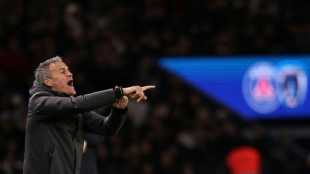 Luis Enrique has no doubts about PSG's title credentials
Luis Enrique has no doubts about PSG's title credentials
-
England off-spinner Bashir signs for Derbyshire after Ashes exile


Three giants of chemistry connected by the quantum realm
This year's Nobel Chemistry winners are pioneers in the nanoworld.
During the 1980s, Alexi Ekimov, 78, and Louis Brus, 80, working independently and on opposite sides of the Iron Curtain, succeeding in creating "quantum dots" -- nanoparticles that are found today in next generation TV screens and are being used to illuminate tumors in the body.
A decade later, 62-year-old Moungi Bawendi revolutionized methods to manufacture them with precision and at scale, paving the way for their applications.
Here's the rundown on the 2023 Nobel Prize in Chemistry winners.
- Perseverance -
Bawendi was born in 1961 in Paris, France to a Tunisian father and French mother.
His family emigrated to the United States when he was 10 years old, and though he excelled at science in high school, he flunked his very first college chemistry class at Harvard.
"It could easily have destroyed me, my first experience with an F, the lowest grade in my class by far," he told reporters.
But he persevered, earning his undergraduate degree and later his PhD at the University of Chicago. He would later join Brus at Bell Laboratories, then finally the Massachusetts Institute of Technology (MIT), where he remains today as a professor.
"I'm especially honored to share this with Louis Brus, who was my postdoctoral mentor... I tried to emulate his scholarship and mentoring style as a professor myself," he said.
Bawendi built upon the work of his co-laureates and in 1993 succeeded in vastly improving the methods to create quantum dots, finding just the right solvent and temperature to grow nanocrystals to specific sizes.
- Colored glass experiments -
Ekimov and Brus grew up in the post-war era. Ekimov was born in 1945 in the former USSR, and graduated from Leningrad State University.
Ekimov was fascinated by colored glass and the fact that a single substance could yield many colors. By experimenting with temperatures and heating times of molten glass, he found he was able to vary the size of the particles produced and that the smaller the particles were, the bluer the light they emitted.
He published his findings in a Soviet science journal 1981, and was the first person to intentionally create quantum dots -- particles predicted by physics theory in the early 20th century but not until then demonstrated in reality.
At the same time, Brus worked at the legendary Bell Laboratories in the United States -- then a hotbed for scientific discovery -- on experiments that involved chopping up particles to provide a larger surface area and faster chemical reactions.
During his work, he noticed that the particles' optical and other properties shifted the smaller they became, something that could only be explained by quantum mechanics.
- Sputnik generation -
"I am a member of the Sputnik generation, raised after WWII as the United States dramatically expanded science and technology in response to the Cold War" he wrote in an autobiographical account after receiving the 2008 Kavli Prize.
Gifted from an early age in mathematics and science, he grew up in the suburbs of Kansas City, where he says he "developed an affinity for tools and machines by working after school and on weekends in the local hardware store."
He initially thought he would follow his father into business. But after receiving his doctorate in 1969 from Columbia University in New York, he served in the United States Navy, and became a researcher in a laboratory in Washington.
Then, in 1972, he began working for Bell Labs, where he remained for 23 years.
He is now a professor at Columbia University and a firm believer in the power of science.
"Scientists struggle daily with their experiments, and tend to lose sight of the enormous collective progress of science and technology over the decades," he wrote.
"Science has created a far better existence for mankind despite war, economic collapse and natural disaster."
R.AbuNasser--SF-PST


